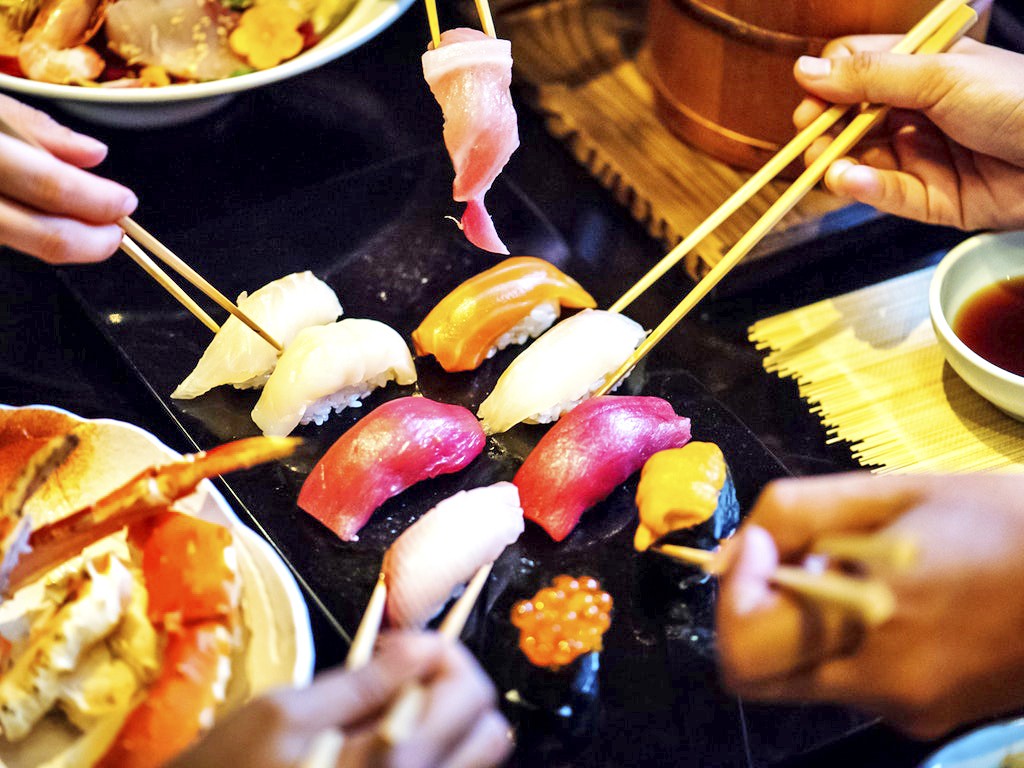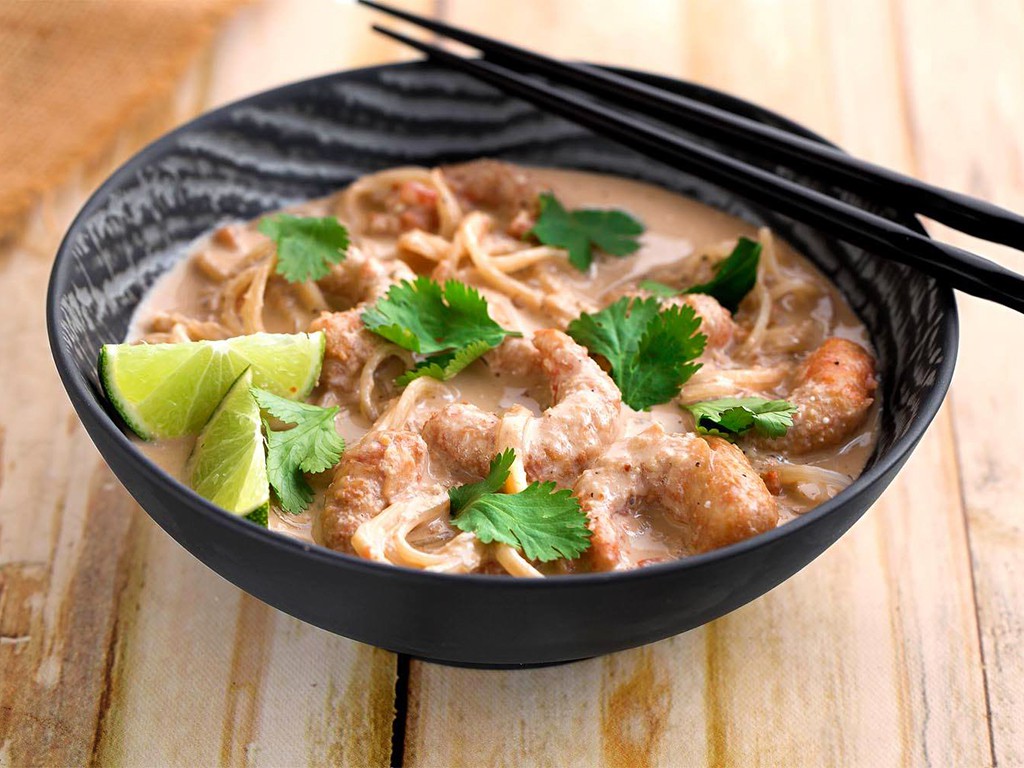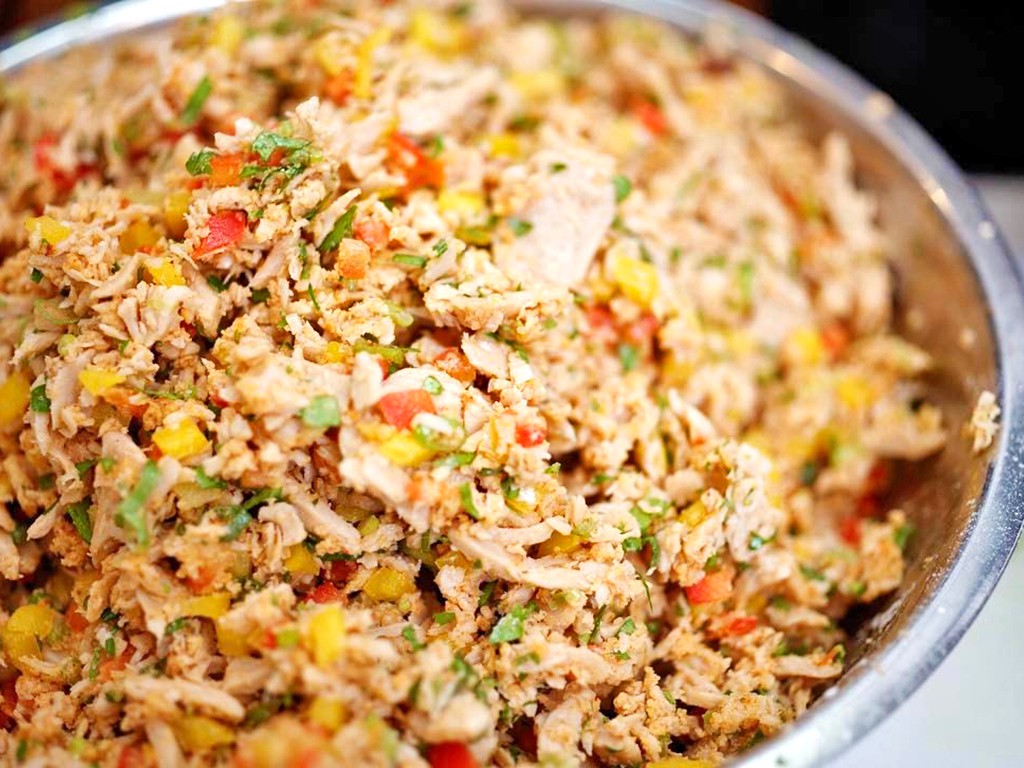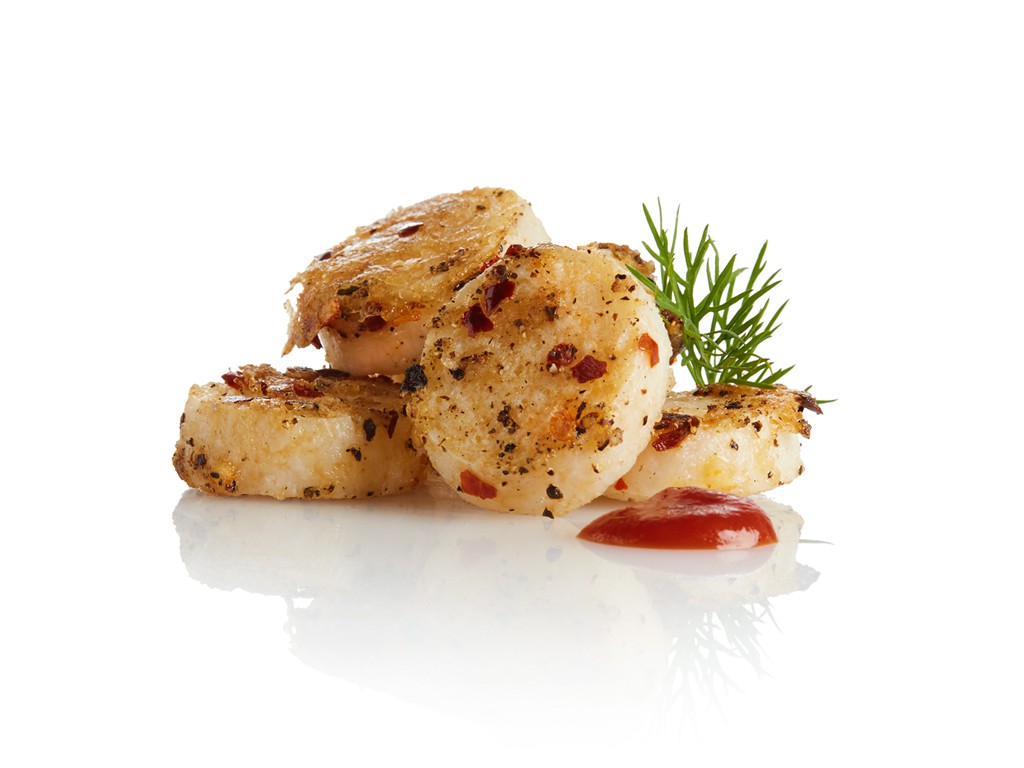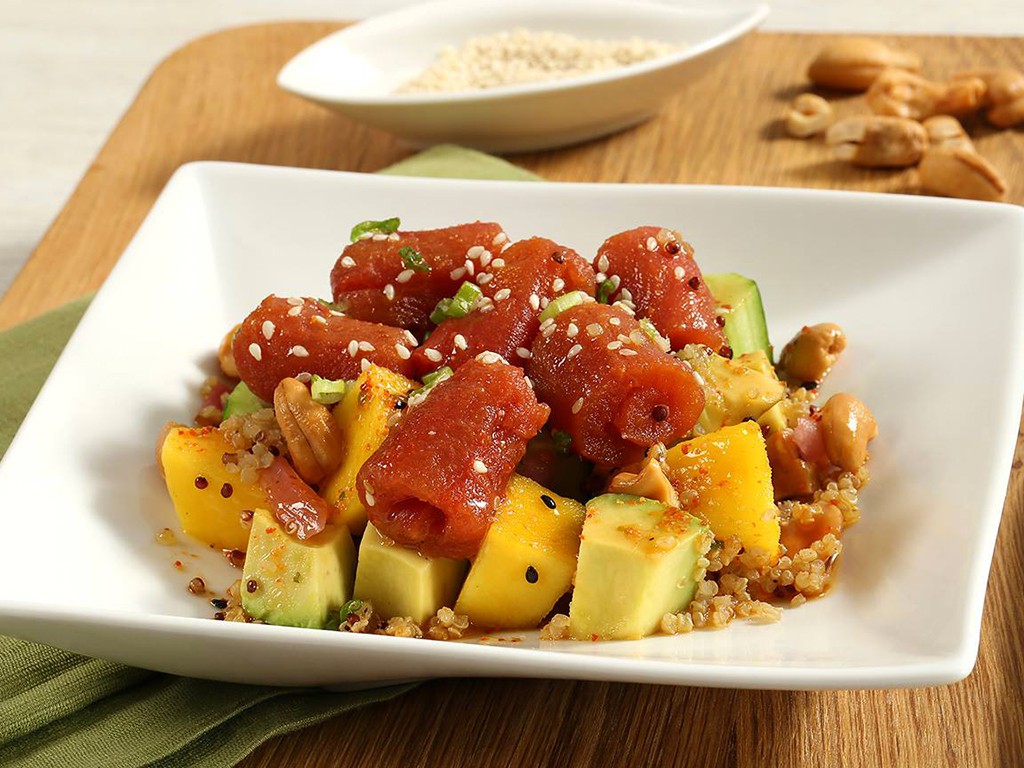4 Mins Read
In this age of overfishing the current state of the world’s oceans, it’s hard to know what fish are okay to eat these days. With a range of issues concerning seafood consumption like mercury, radiation exposure, not to mention the ecological and environmental impact from aquaculture (or fish farming), commercial fish stocks are rapidly declining. According to environmental conversation organization, WWF, Hong Kong ranks second in consuming seafood in Asia (with America leading the way), and the eighth largest in the world. If nothing changes, scientists have predicted overfishing will cause our oceans to collapse by 2050. Not to mention that at the rate we are going, there will be more plastic than fish in the ocean by then! Similar to plant-based meat alternatives from innovative companies like Beyond Meat and JUST, visionary startups are now laying the groundwork toward more sustainable plant-based protein with incredible solutions that mimics seafood and keep our oceans safe. Paving the way for plant-based fish alternatives, meet the companies defining the future of seafood.
New Wave Foods
Shrimp is the (initial) name of the game at New Wave Foods. Perhaps one of the most consumed crustacean in the world, fishing for shrimp can be environmentally destructive – in fact, their carbon footprint is 10 times greater than that of beef. Founded by #girlbosses Dominique Barnes, a marine conservationist, and Michelle Wolf, a materials scientist, the company is looking to disrupt seafood, not our oceans. Analyzing shrimp on a molecular level and what provides it with certain components like taste, color, texture, and nutritional value, Barnes and Wolf were able to translate their findings with algae (the same that shrimp eat for color and flavor) and other plant-based ingredients combined with cutting-edge science. Launched in 2015, it’s already being served in Google’s cafeterias, college campuses, restaurants, resorts and food trucks all over California and Nevada. Later this year, their kosher certified (since it is made without shellfish) shrimp will be available for retail in select markets in the states before coming overseas.
Currently not available in Asia.
Good Catch Foods
Aptly called culinary rebels with a cause, Good Catch Foods is out to revolutionize seafood by way of shredded tuna, crab cakes and fish-free patties. Made from pea protein, legumes, and natural ingredients, this gluten-free product line is headed by Wicked Healthy plant-pushers and veteran vegans chef brother-duo Derek and Chad Sarno. Good Catch won’t debut until some time this year but they’ve already racked up awards and recognition like the Expo East 2017 Editors Choice ‘Best New Food’ Award. Protecting sea life and our oceans’ natural resources, one fish cake at a time this is truly seafood without sacrifice.
Currently not available in Asia.
Sophie’s Kitchen
Sophie’s Kitchen began in 2010 after founder Eugene Wang’s daughter, Sophie, had a severe allergic reaction to shellfish. By placing focus on taste, texture and sustainability, ingredients include Konjac root, a popular Asian superfood high in fiber and pea protein in their crab cakes, coconut shrimp, scallops, salmon and more. Offering gourmet plant-based seafood, their entire vegan and gluten-free product line is free of cholesterol, trans- and saturated-fat, preservatives, colors, MSG, soy, sugar or artificial ingredients. On board is celebrity chef David Burke as the resident Protein Provocateur, driving their relentless pursuit of taste innovation.
Limited selection available at Just Green.
Ocean Hugger Foods
Healthy, meaty sushi without the fish, Ocean Hugger Foods is on a mission to create delicious sustainable plant-based alternatives to popular seafood we all know and love. Launching Ahimi, the world’s first plant-based alternative to raw tuna, the natural, eco-friendly substitute is made from tomatoes and a five natural ingredients (that includes marinating the tomatoes in a mixture of water, sugar, soy sauce and sesame oil) that the founder, James Corwell, is keeping proprietary. Once opened, Ahimi should be consumed within three to four days, refrigerated for short-term use, or frozen for use later. Free of mercury, PCBs, and other toxic chemicals, Ahimi – in which “ahi” is fish and “mi” means spirit in Japanese – is vegan, safe for pregnant women, and nursing mothers. Up next for NYC-based company are additional products to replace eel, salmon and more!
Currently not available in Asia.
Images courtesy of New Wave Foods, Good Catch Foods, Sophie’s Kitchen, and Ocean Hugger Foods.

